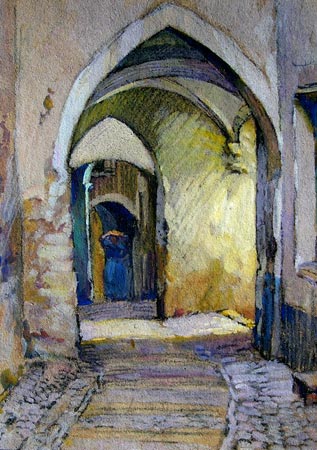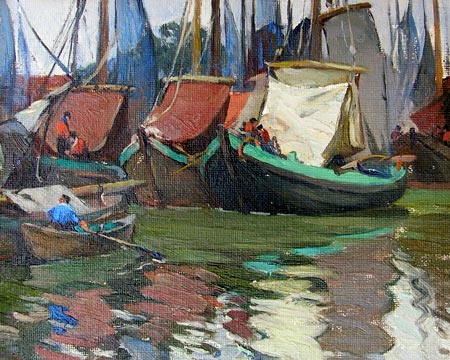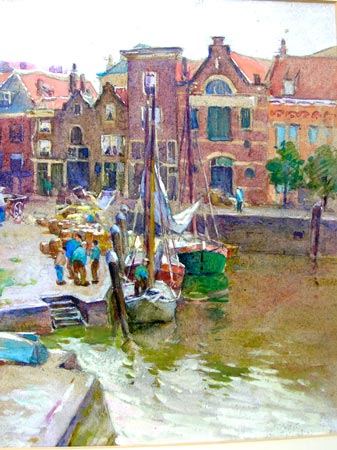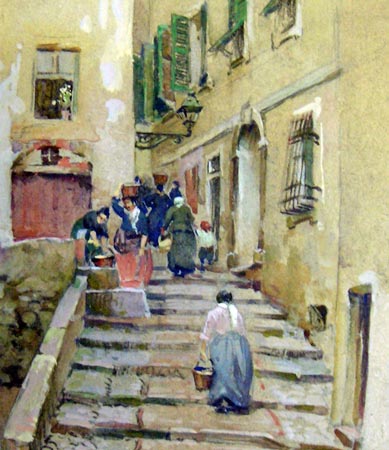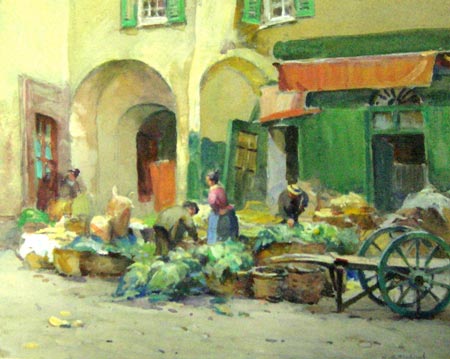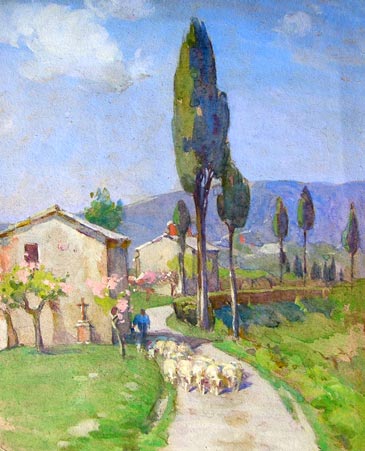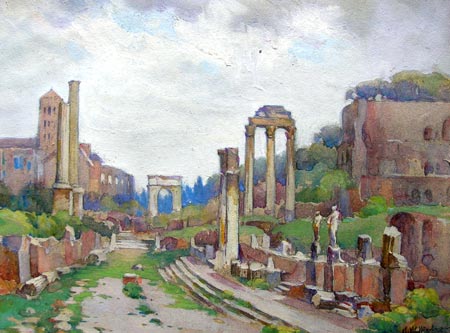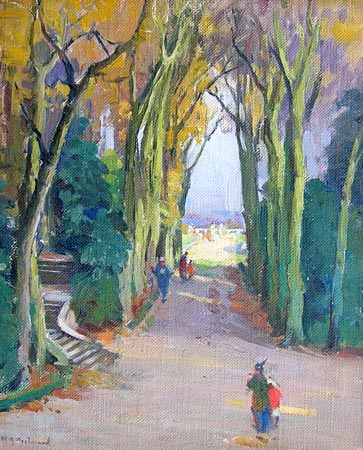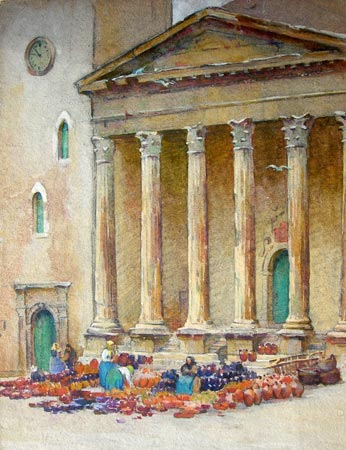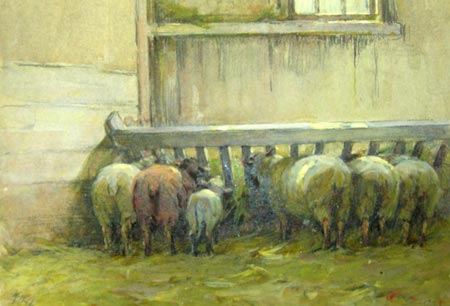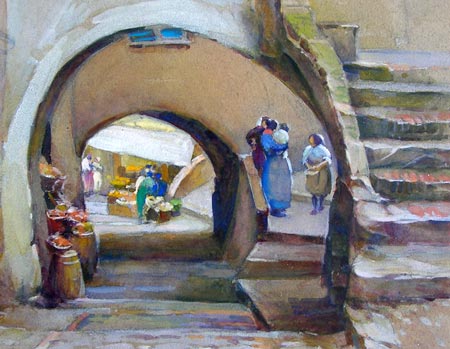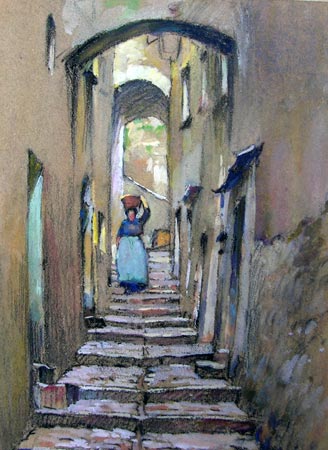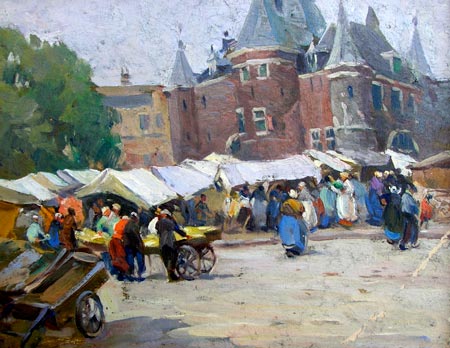Pocket Exhibit

RISD Class of 1897
F. Usher DeVoll (1873 - 1941), Eliza Gardiner (1871 - 1955) & Mabel Woodward (1877 - 1945)
March 3 - May 7, 2010
The founding of the Rhode Island School of Design in 1877 ushered in a new era of cultural enlightenment and education in Providence, Rhode Island. Graduates from this art school have made significant contributions to the art world in many arenas over the past century. The Bert Gallery pocket exhibit draws attention to three significant art personalities who graduated from RISD in 1897 and went on to national attention; F. Usher Devoll (1873 - 1941), Eliza Gardiner (1871 - 1955) and Mabel Woodward (1877 - 1945). This remarkable trio of artists vied for the top honors at RISD then successfully achieved their professional ambitions in competitive national exhibitions. Today they are recognized as significant contributors to American art in the late 19th and early 20th century.
There will be twenty paintings offering a rare look at the three artists together, the majority of the paintings on exhibit have remained in private collections since the 1940’s. Mabel Woodward (1877 - 1945) is presently the most widely recognized of the three artists and was awarded the first scholarship offered to RISD. She joined F. Usher DeVoll (1873 - 1941) in heading to New York City after graduation to make their mark in the competitive American art market studying with William Merritt Chace, Robert Henri, Arthur Wesley Dow and Kenyon Cox. Meanwhile, classmate Eliza Gardiner (1871 - 1955) would venture to Provincetown and embrace the newly emerging American Color woodcut coterie of artists. All of the artwork pays tribute to the individual talent and craftsmanship of these RISD graduates.
To get further insight into the history of RISD see the recently published book Infinite Radius: Founding Rhode Island School of Design. Conceived and edited by Dean of Architecture + Design Dawn Barrett and Archivist Andy Martinez. Infinite Radius tells the story of RISD’s founding in 1877 through a series of contemporary scholarly essays, along with reproductions of rare archival photographs, historic course catalogues, previously unpublished manuscripts and transcriptions of archival letters, among other interesting ephemera.
 Devoll:
Devoll: 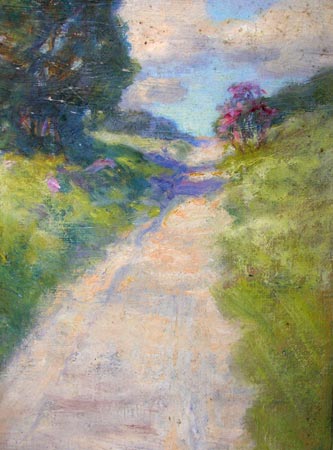

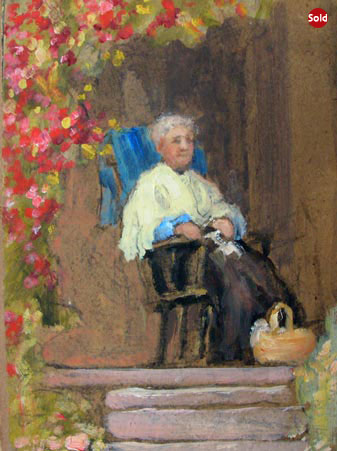
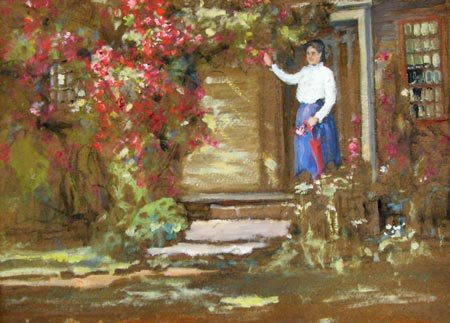
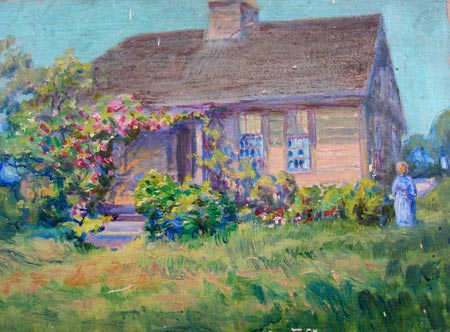


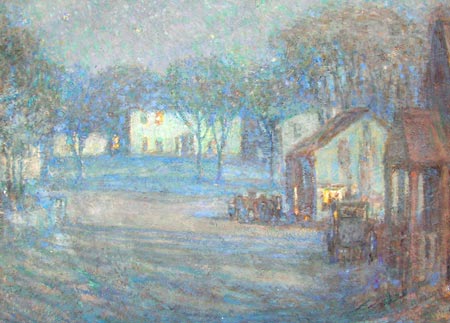

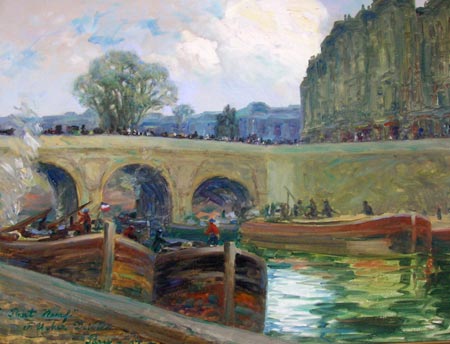
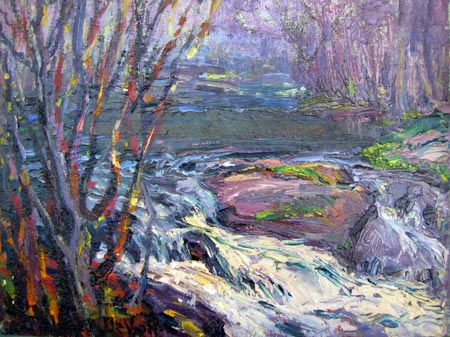
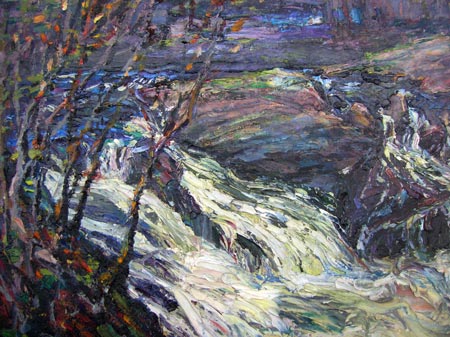
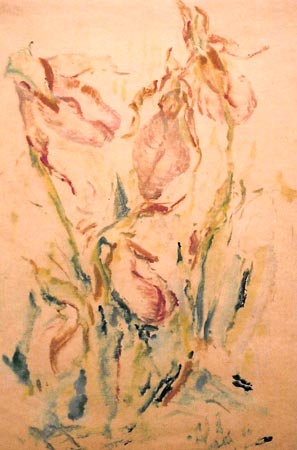 Gardiner:
Gardiner: 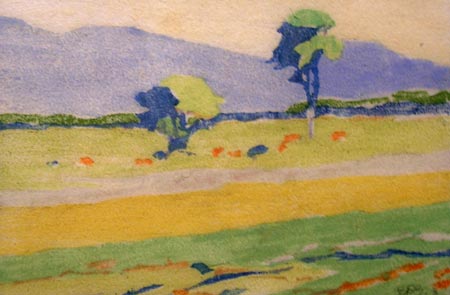
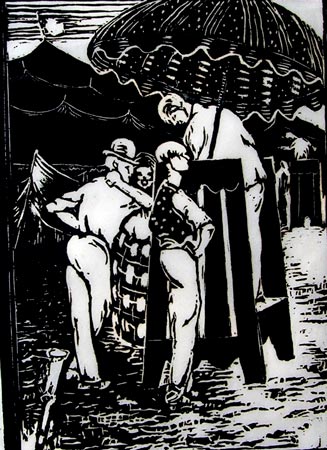
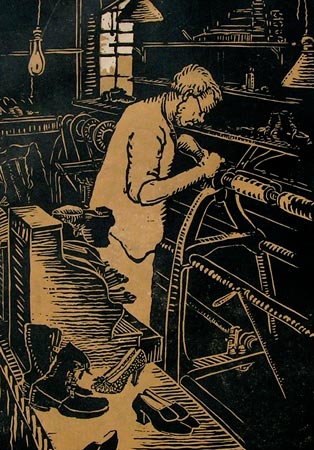
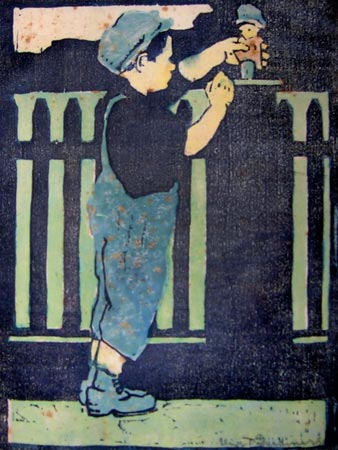

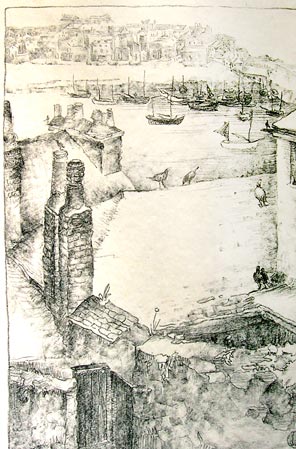
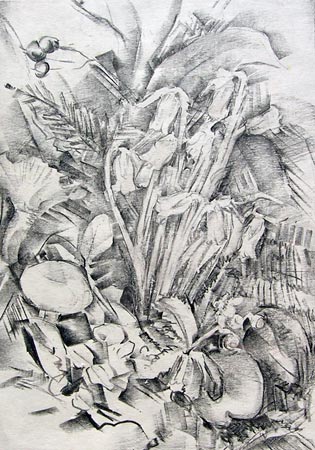
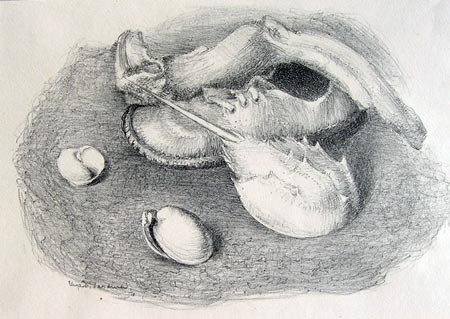

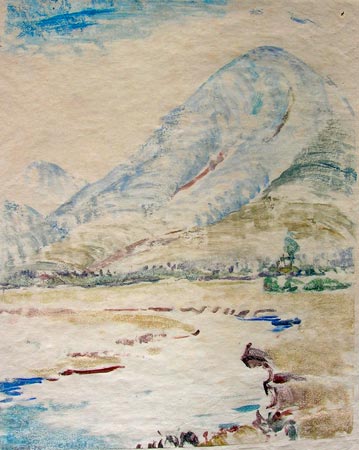
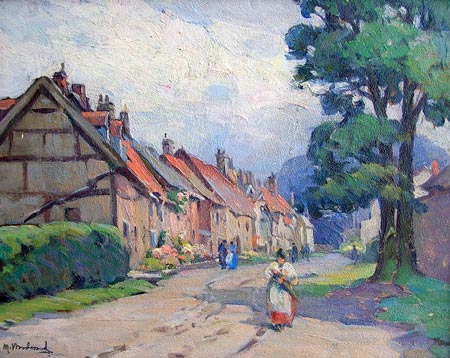 Woodward:
Woodward: 